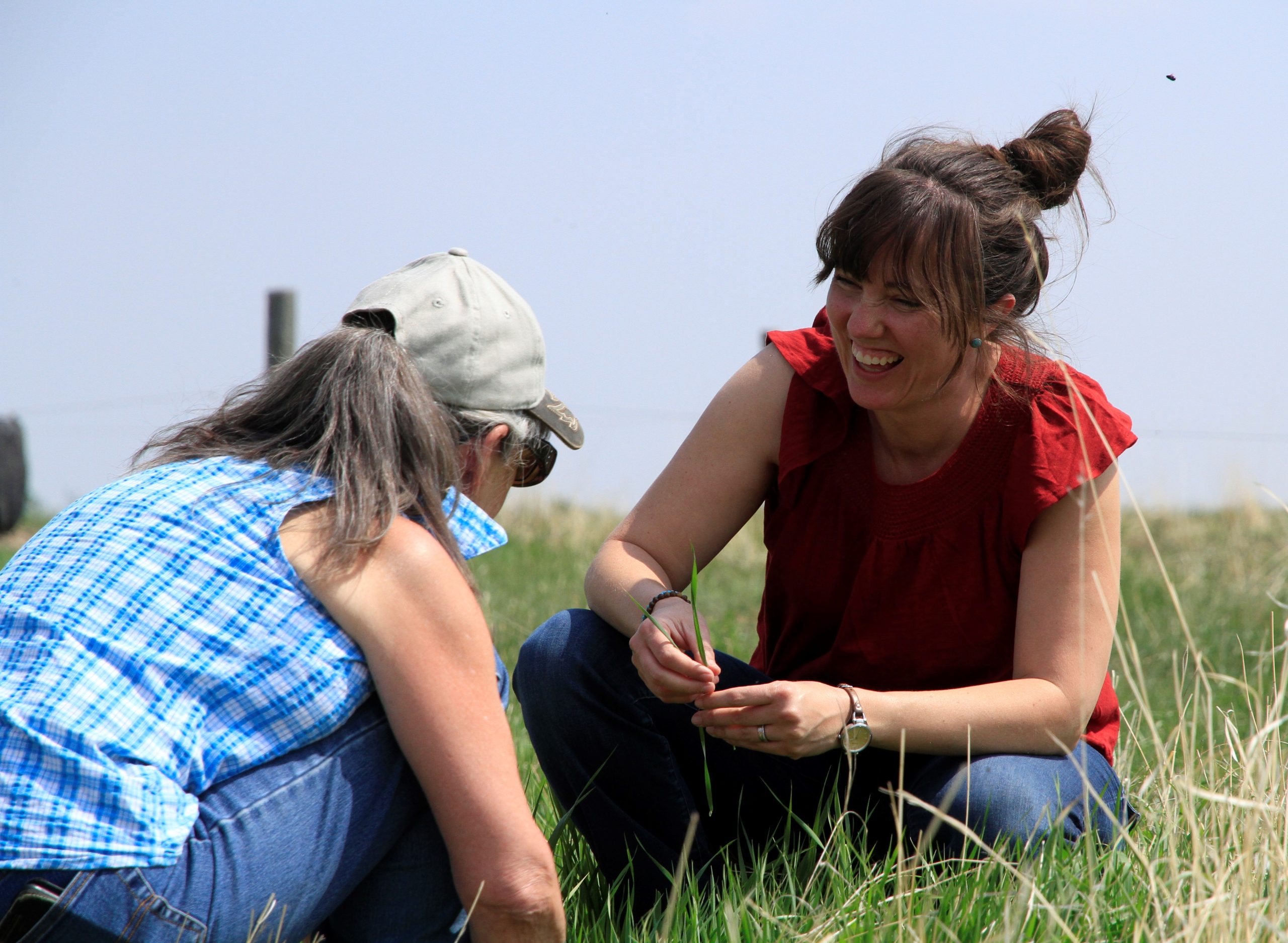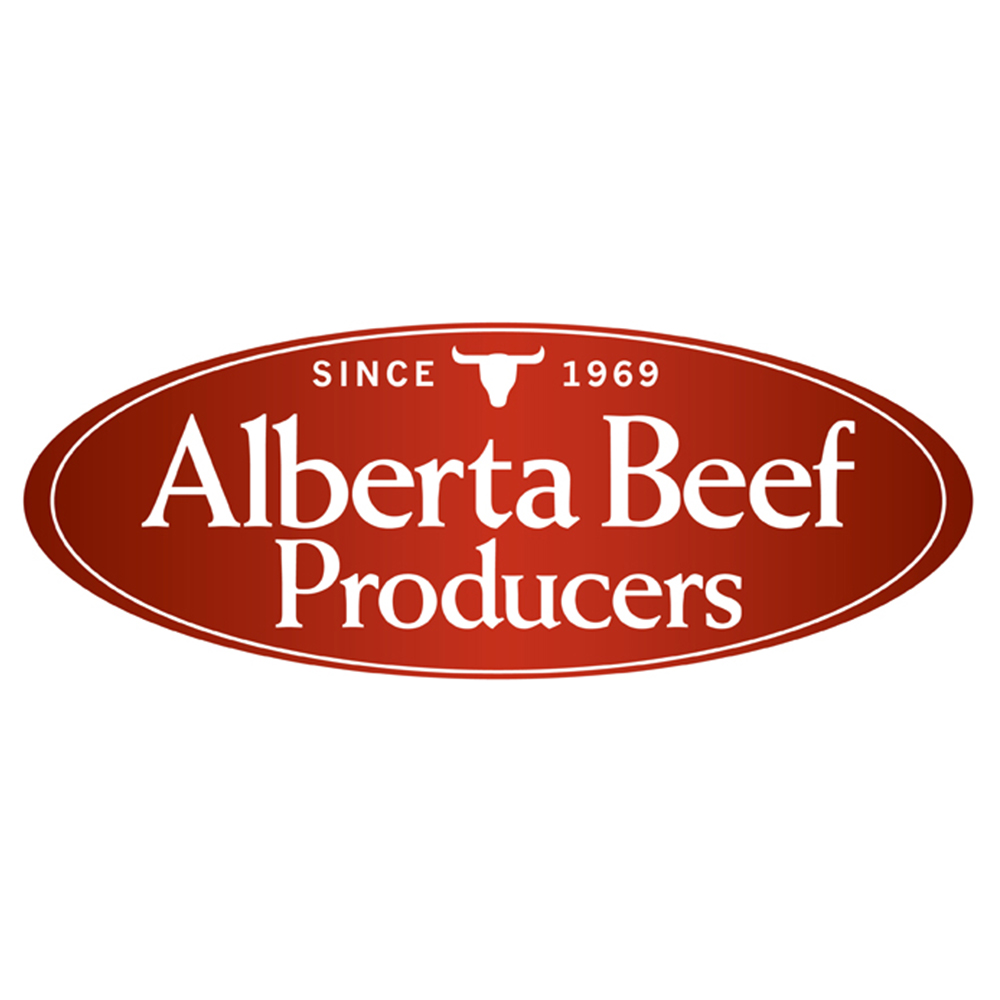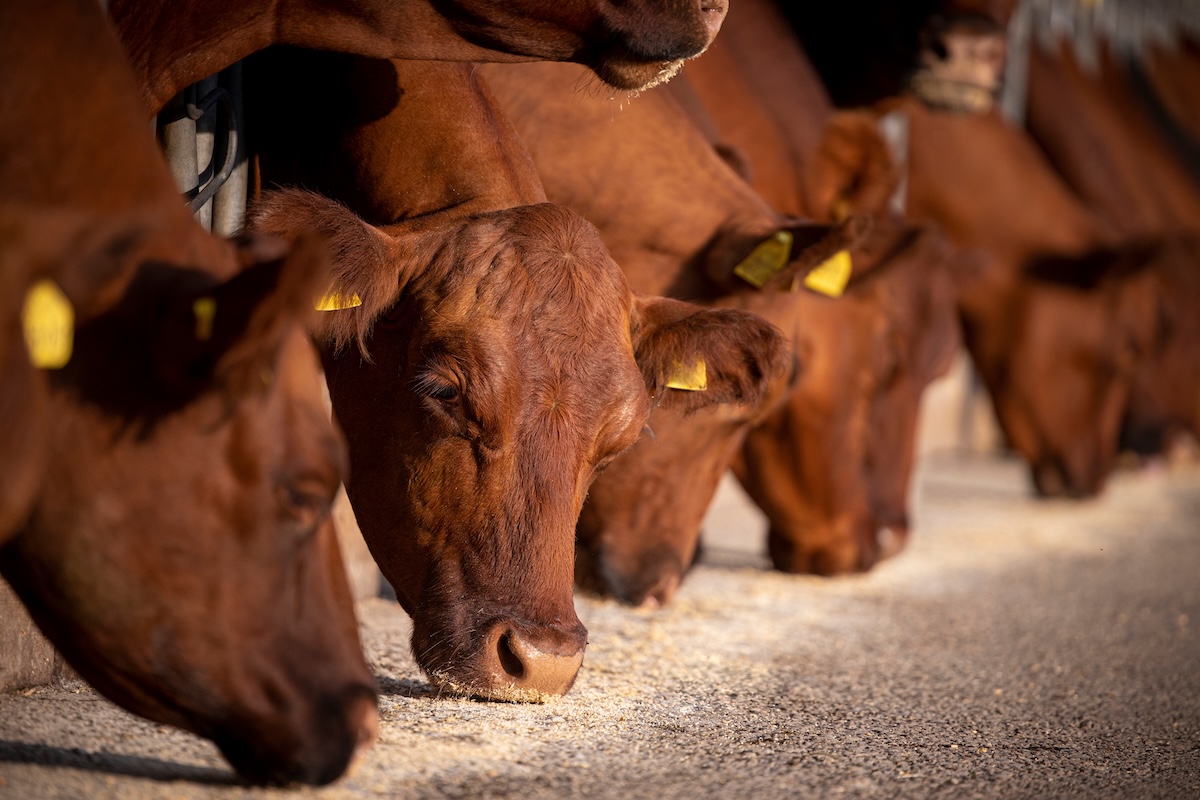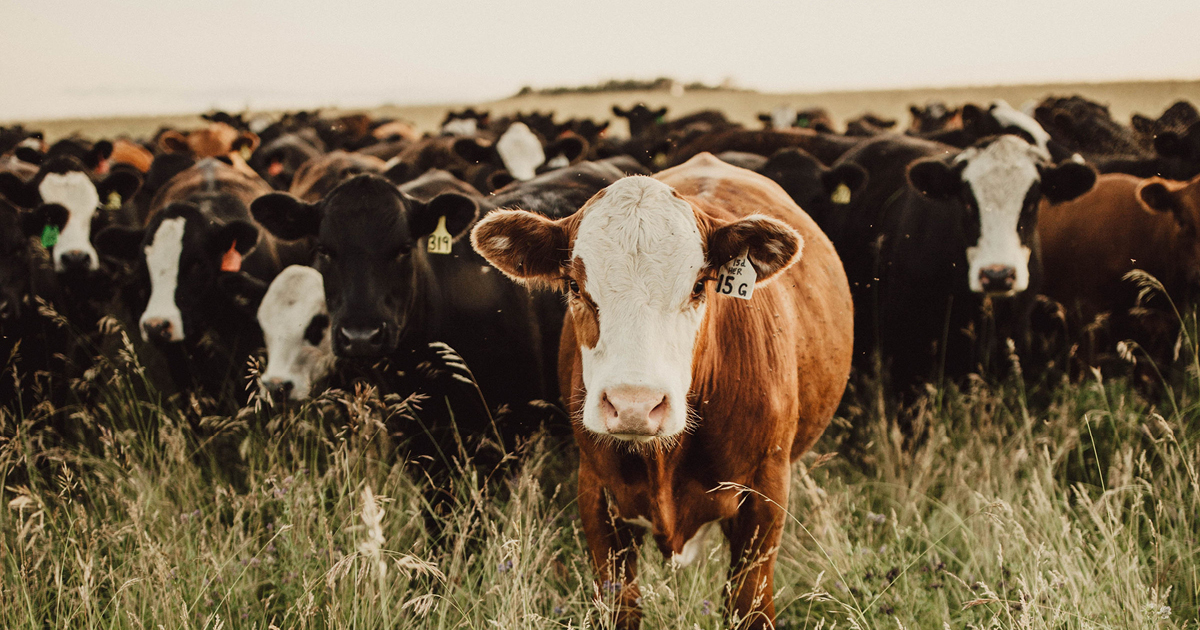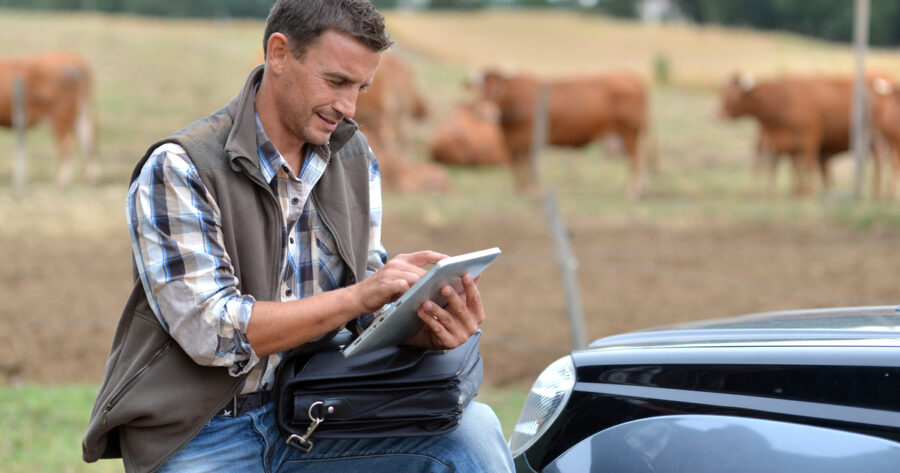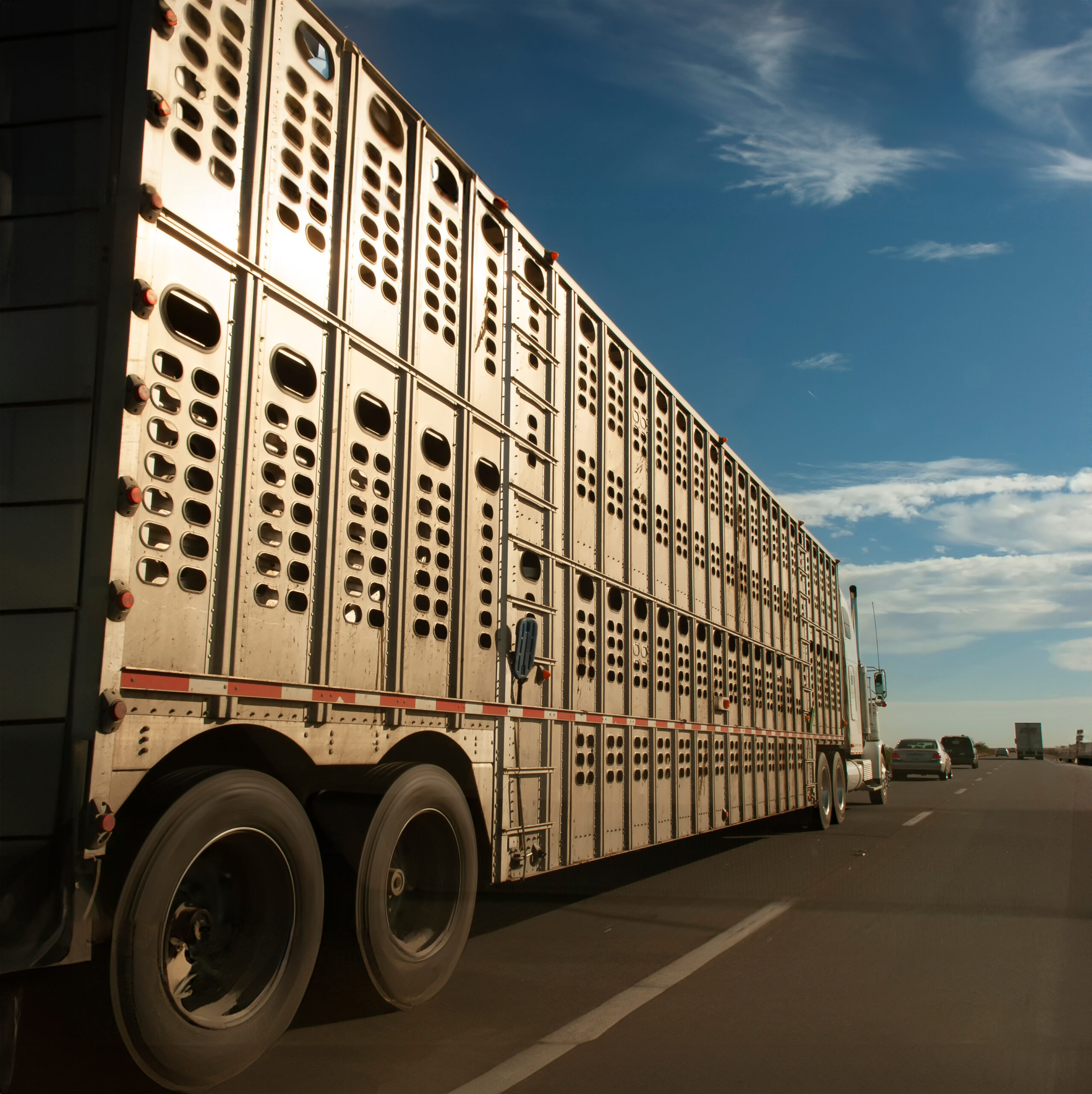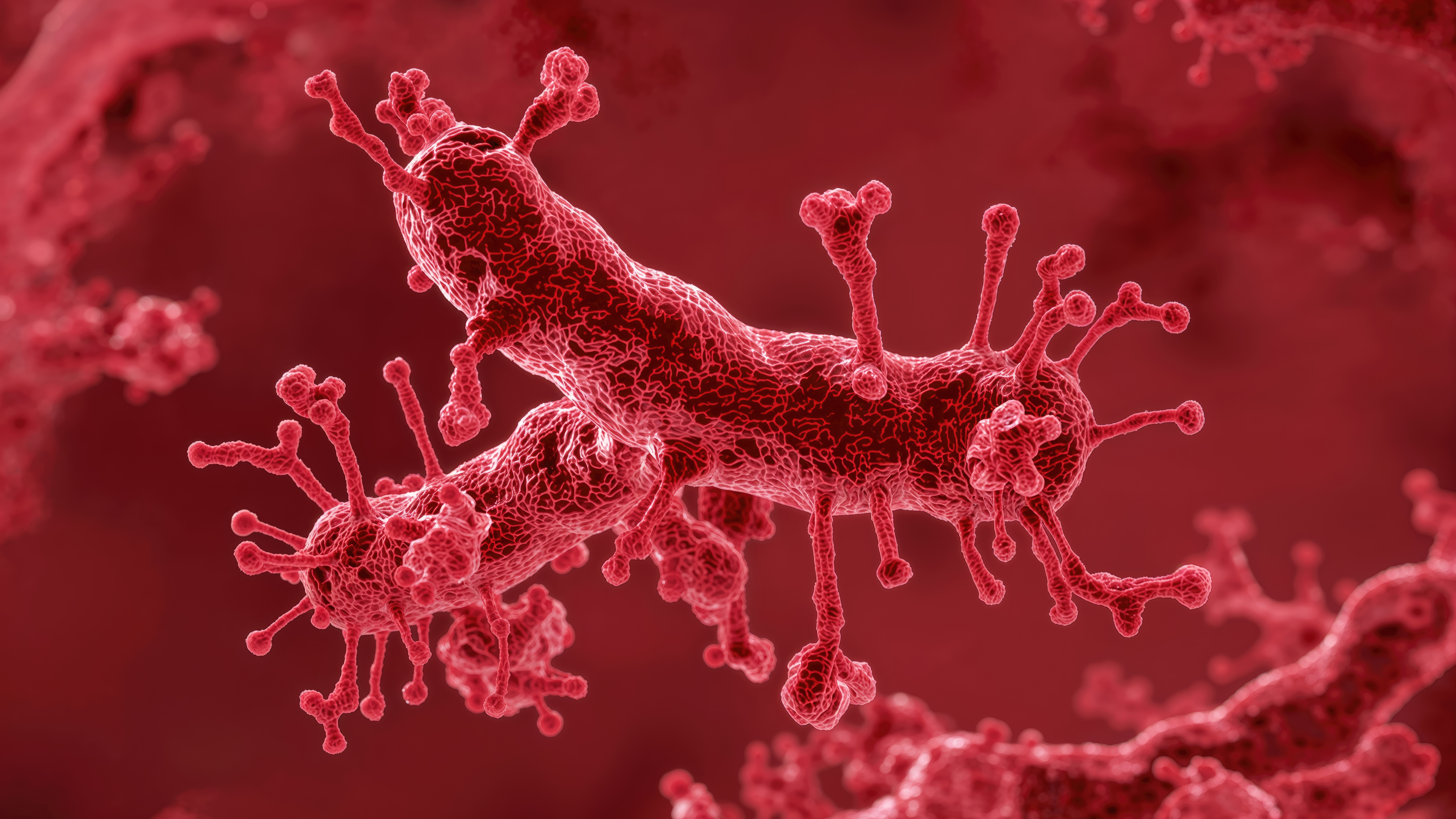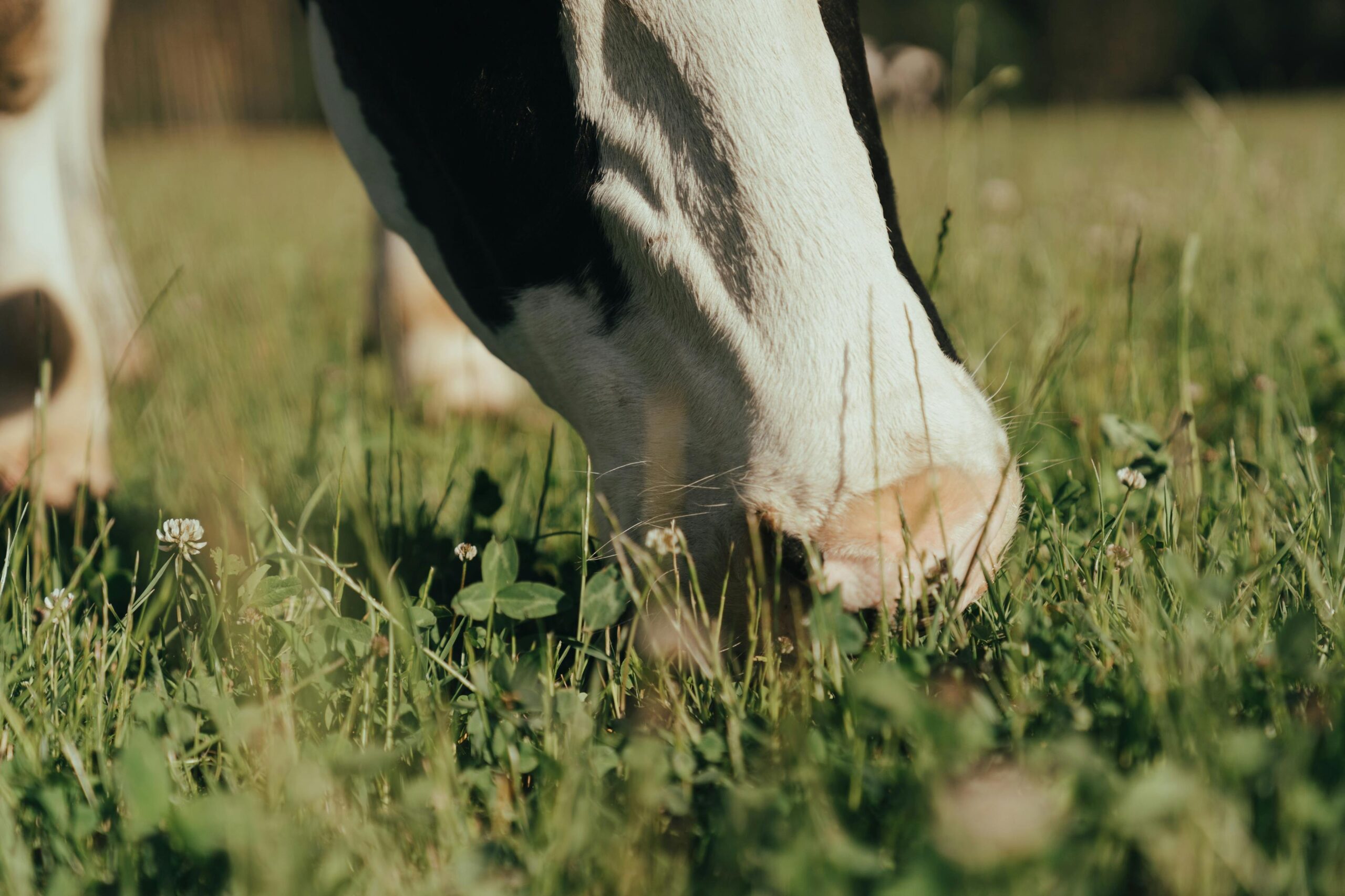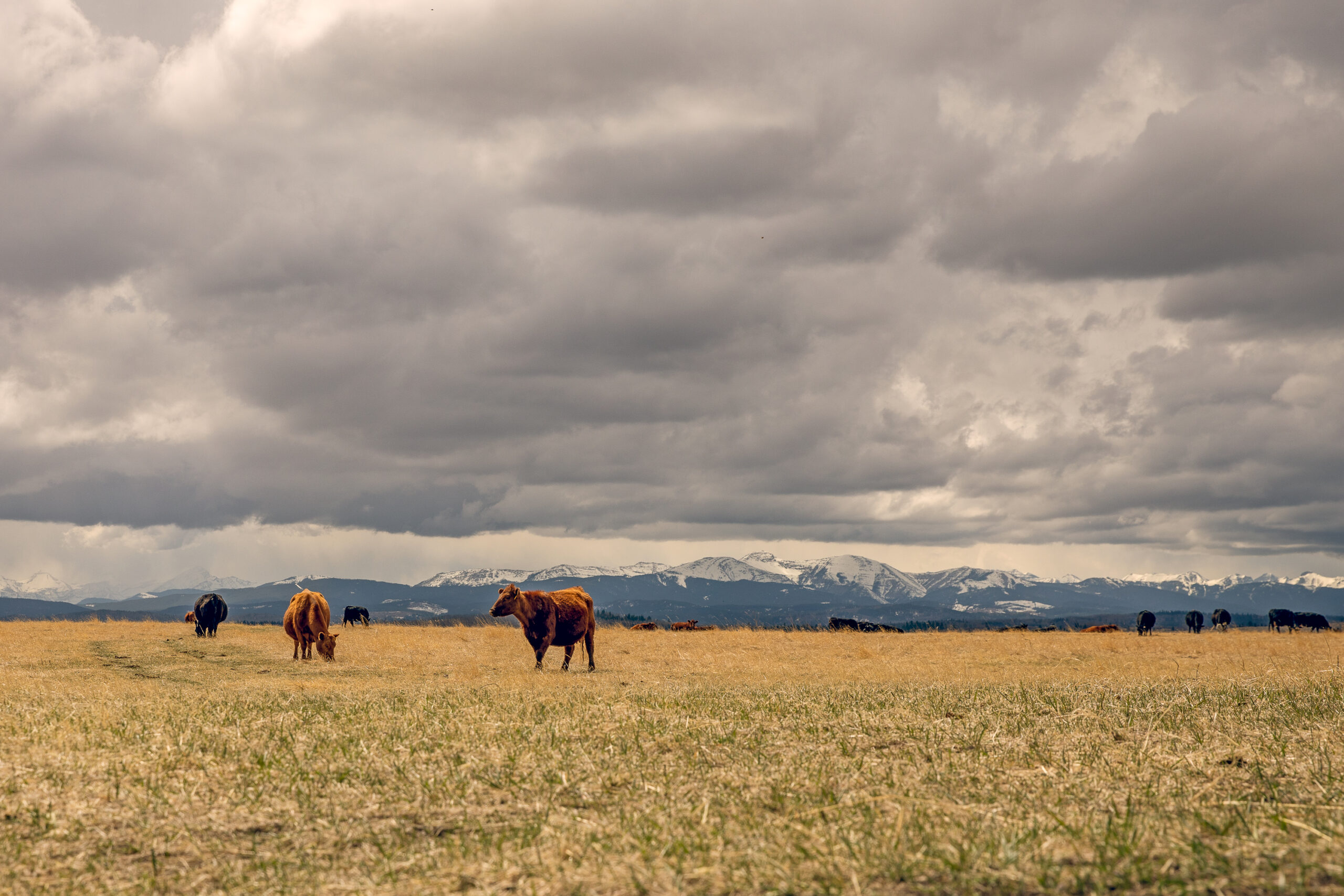AB Direct - Steers
Rail: 530.00-535.00 del
AB Direct - Heifers
Rail: 530.00-535.00 del
US Trade- Steers
Rail: 382.00-384.00 (NE, IA)
US Trade - Heifers
Rail: 382.00-384.00 (NE, IA)
Canadian Dollar
0.20
ABP calls for halt to proposed traceability regulatory changes
Alberta Beef Producers (ABP) is recommending that the Canadian Food Inspection Agency (CFIA) halt the finalization of the upcoming federal traceability regulation changes to allow for additional, meaningful consultation with producers. While public consultation occurred in 2023, ABP believes further review is necessary to ensure traceability can be effectively and consistently implemented at the farm…
Traceability presentations and resources for producers
To help clarify key aspects of traceability and proposed regulatory changes, two presentations featuring the Canadian Food Inspection Agency (CFIA) and Canadian Cattle Identification Agency (CCIA) provide information from subject-matter experts. CFIA Traceability Webinar Video: CFIA – Proposed Part XV of the Health of Animals Regulations Overview CFIA is responsible for the traceability regulations themselves…
FAQs: What proposed updates mean for producers
After years of planning and preparation, the Canadian Food Inspection Agency is expecting to publish the final version of proposed amendments to Part XV of the Health of Animals Act in 2026. To help clarify what’s coming and what it means for you, we’ve compiled a few answers to some of the most frequently asked questions we’re hearing. Will I have to change when I tag cattle? There is no required…
Understanding proposed updates to livestock traceability regulations
A robust and effective traceability system finds a balance in technical reporting and practicality. Traceability is the ability to follow the movement of an animal or food product through different stages of the supply chain. The ability to track livestock through their lifecycle relies on three pillars: premise identification (PID), animal identification, and animal movement….
Border restrictions in place due to U.S. vesicular stomatitis outbreak
The Canadian Food Inspection Agency (CFIA) has announced temporary import restrictions on horses, swine, and ruminants — including cattle — from certain U.S. states following an outbreak of vesicular stomatitis (VS). Importation of these animals from affected states is currently suspended until further notice. Canadian-origin animals that have been in a VS-affected state within the…
Federal Budget 2025: Key agriculture highlights for beef producers
The Government of Canada released its 2025 federal budget on November 4, outlining several new commitments and program adjustments affecting the agriculture sector, including beef producers. Alberta Beef Producers (ABP) is reviewing the proposed budget and will be monitoring the vote in Parliament on November 17. Here’s a rundown of the key developments: Funding programs Budget 2025 proposes…
Upcoming Webinar: Understanding bovine tuberculosis
Editor’s Note: This post has been updated to include the full bovine TB webinar video and a short survey for producers. Alberta Beef Producers (ABP) is hosting a webinar on November 17 at 7:00 p.m., with participation from the Canadian Food Inspection Agency (CFIA). The session will focus on bovine tuberculosis (bTB) and what it means…
CFIA increases cattle compensation limits
The Canadian Food Inspection Agency (CFIA) has announced an increase in the maximum compensation values for cattle under its animal compensation regulations. This amendment to the Compensation for Destroyed Animals and Things Regulations (CDATR) is set to provide financial support to cattle producers affected by reportable diseases. Effectively June 20, cattle producers can now receive…
Canada continues efforts to monitor dairy cattle for HPAI
The Canadian Food Inspection Agency (CFIA), in collaboration with the Public Health Agency of Canada (PHAC) and Health Canada, is monitoring dairy cows for highly pathogenic avian influenza (HPAI) as part of the Government of Canada’s One Health Approach. Commercially sold milk and milk products in Canada are subject to mandatory pasteurization, which eliminates harmful…
CFIA enforces new restrictions due to Foot and Mouth Disease in Hungary and Slovakia
The Canadian Food Inspection Agency (CFIA) has announced immediate import restrictions following a recent outbreak of Foot and Mouth Disease (FMD) in Hungary and Slovakia. These measures are crucial to protect Canada’s livestock and mitigate the economic impact of a potential FMD outbreak in the country. FMD susceptible species: Affected commodities: Products and by-products from…
Redesigned National BSE Surveillance Program to launch March 7
The Canadian Food Inspection Agency (CFIA) has announced that the redesigned National Bovine Spongiform Encephalopathy (BSE) surveillance program will take effect on March 7, 2025. Samples collected before March 6, 2025, will continue to be processed under the current program, including applicable incentives. However, samples collected on or after March 7, 2025, will be processed…
Celebrating success and remaining vigilant in BSE surveillance
The World Organisation for Animal Health (WOAH) uses a three-tiered categorization system for evaluating bovine spongiform encephalopathy (BSE) risk including negligible, controlled, and undetermined risk. According to Dr. Penny Greenwood, National Manager of Prion and Equine Programs for the Canadian Food Inspection Agency (CFIA), the system is designed to reflect current knowledge and understanding of…



